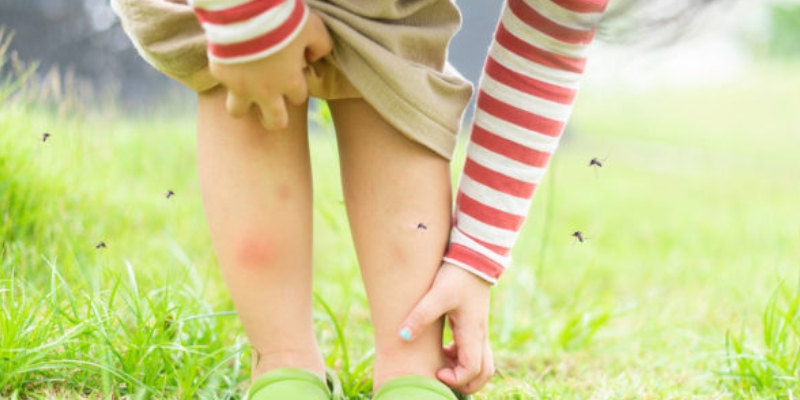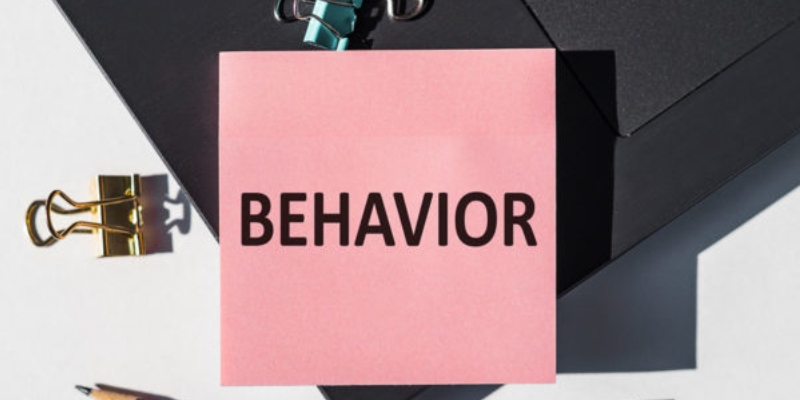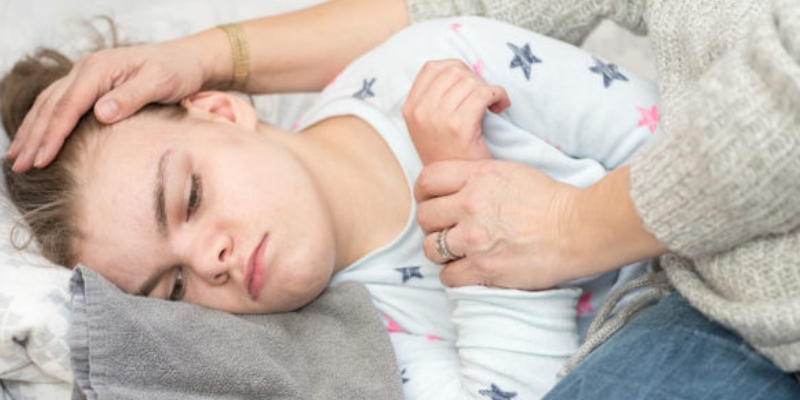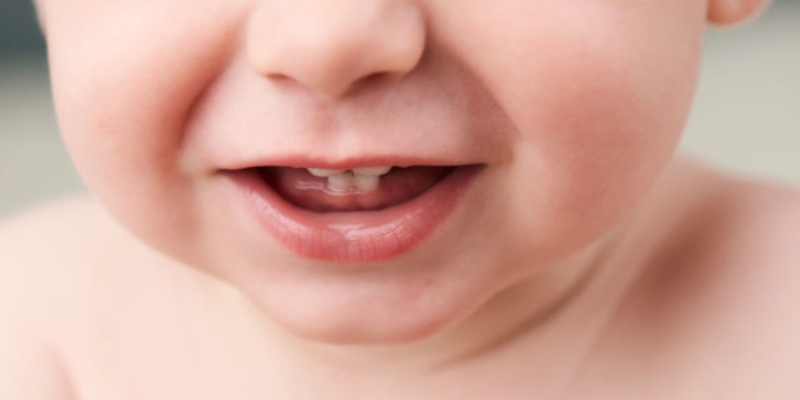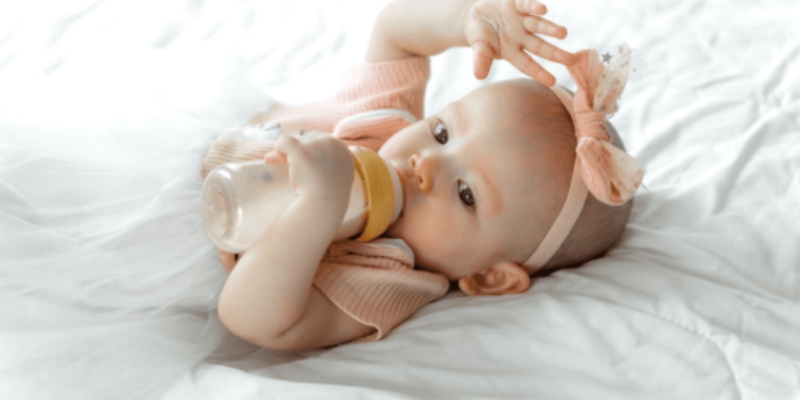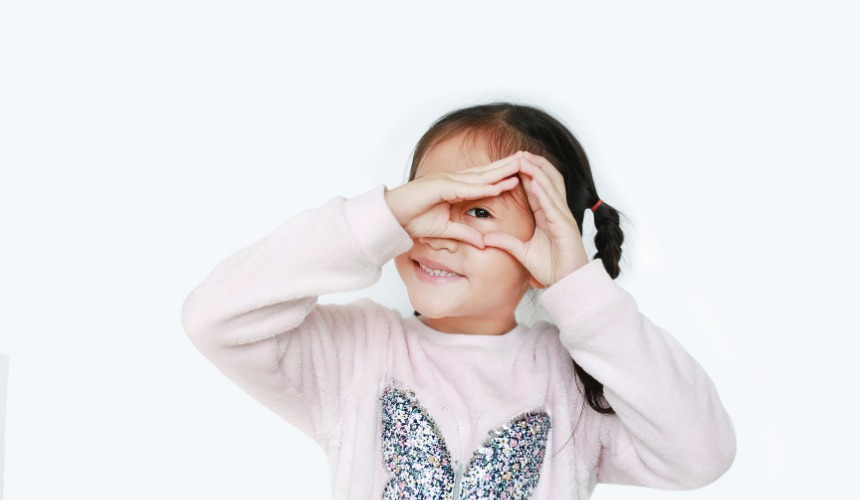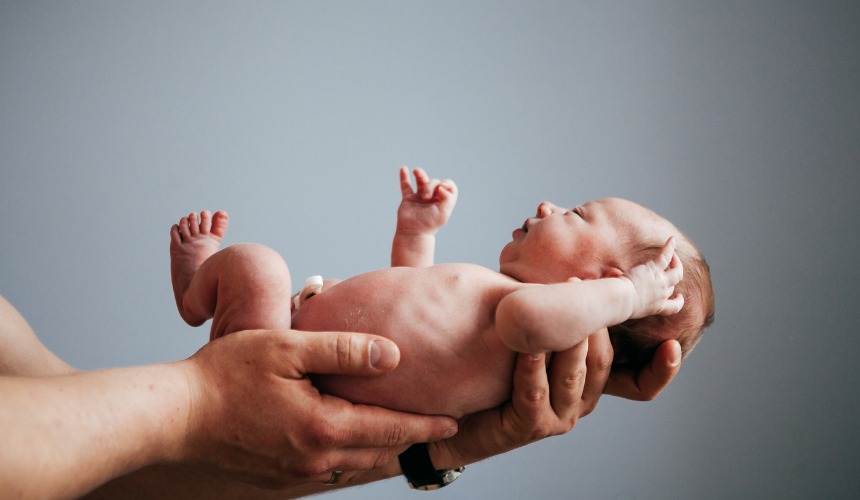Author – Dr. Neeraj Kumar, MBBS, DCH, MD
Consultant – Paediatrician at Motherhood Chaitanya Hospital, Chandigarh
Mosquito Bites Prevention for Babies
Mosquitos love humans, especially human babies. As much as they love the babies, they can bring serious illnesses to your family. According to Dr Neeraj Kumar, MBBS, DCH, MD, Consultant-Paediatrics, babies are more susceptible to mosquito attacks. Hence, you must take necessary precautions to keep your baby away from mosquitoes. The best child specialist in Chandigarh suggests some tips and tricks to prevent mosquitoes from feeding on your child:
Mosquito Bites Prevention for Babies
1. Choose Clothes that Reduce Exposure to Mosquito Bites
One of the best ways to prevent mosquito bites is by reducing the area of exposed skin. Dress up your baby in clothing that covers their little arms and legs. Make sure to avoid capris, dresses, skirts, or shorts during the mosquito season. The best child specialist doctor in Chandigarh recommends lightweight cotton garments and knits that also allow the passage of air while protecting the body. You can dress younger babies in bodysuits to cover as much of their body as possible or you can also tuck pants or lowers into lightweight cotton socks. Additionally, the colour of clothes is also important. Dark colours with floral prints attract insects. Hence, make sure to dress your baby in light colours.
2. Use the Correct Mosquito Repellant
With so many mosquito repellants in the market, you might be confused about which to choose for your baby. Select, however, the right or age-appropriate repellant recommended by the best child specialist in Chandigarh and follow the guidelines. Do not use any chemical repellent for babies less than 2 months of age. Instead, use a mosquito net or clothing that covers their body. For babies over 2 months of age, use insect repellent with up to 30% picaridin, DEET, or IR3535. Do not forget to reapply after 4-6 hours.
3. Install Mosquito Nets
Mosquito nets can be very effective with the advantage of no side effects. If your baby sleeps with you, you can use a big net over the entire bed. Make sure, however, that the net is secured and ensure that no mosquito is trapped under the net. You can also install mesh screens on the doors and windows. This will also prevent mosquitoes, bugs, or insects from entering your home.
4. Try Mosquito Repelling Fragrances
You can find a wide range of products from incense sticks to scented candles that repelmosquitoes as well as keep your house smelling nice. Certain fragrances including citronella, lemongrass, cedar, neem, and lavender can help you repel mosquitoes. You should use there for limited time with door or window open; do not use in closed room for long time.
5. Clear Mosquito Breeding Grounds
The best child specialist doctor in Chandigarh recommends searching for places that can prove to be breeding grounds for mosquitoes. Mosquitoes usually breed in stagnant water and lay their eggs around such places. Make sure to cover water tanks, drums, and buckets to prevent mosquitoes from getting in. Do not leave water in the cooler, flower vases, indoor plants, pet dishes, or AC trays for too long. If water is needed, change the water in the container often at least every 3 days.
6. Do Not Depend Entirely on Home Remedies
A lot of people swear by home remedies and natural methods to repel mosquitoes. With no proven evidence, however, these remedies should not be solely relied on. Mosquito bites should be taken seriously and avoided as they can cause serious illnesses in babies. If you notice any unusual symptoms in your baby along with red bumps on the skin, visit Dr Neeraj Kumar at the Motherhood Hospitals.
At Motherhood Hospitals, we have a team of experienced specialists backed by the latest infrastructure and facilities. We have the best PaediatricIan in Chandigarh.
Do take an appointment with the best Paediatrician in Chandigarh at a centre closest to you. Meet with our doctors who will carry out the required investigations, diagnose the issue and recommend the most appropriate treatment, enabling you to lead an active life.
you wish to get in touch with Dr. Neeraj Kumar, please book your appointment here


 Toll Free Number
Toll Free Number







